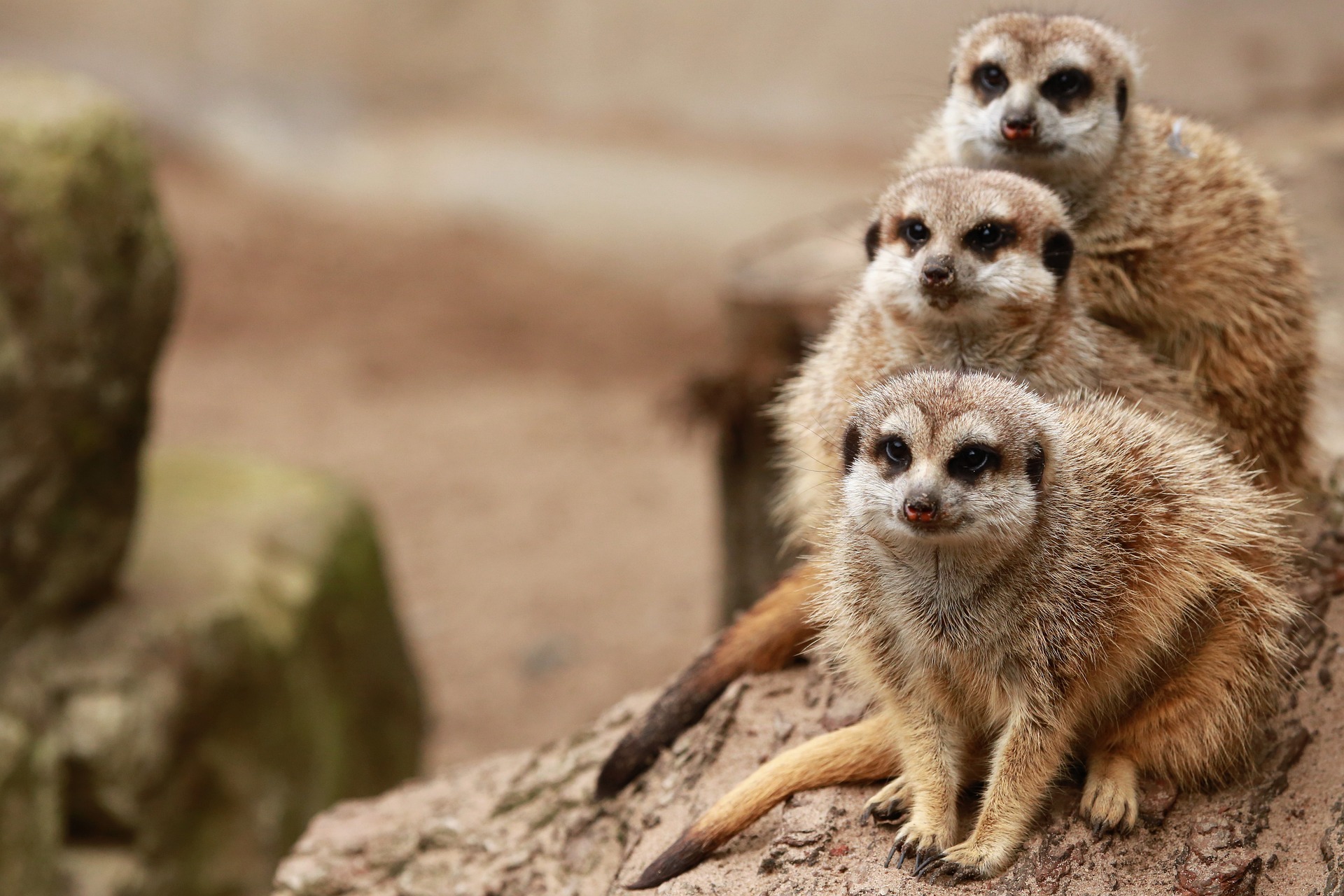
What is curiosity?
Curiosity is a pleasant state of motivation that involves a tendency to recognize and seek out new and stimulating information and experiences.
Curiosity differs from other positive emotions due to the strong desire to explore and persist in the activity that initially stimulated the interest of an individual. Although curiosity and pleasure tend to go hand in hand, sometimes there is a conflict between curiosity and other positive emotions.
This happens because curiosity can lead to the search for new, uncertain and complex activities that are aversive. When curious, the rewards seem to come from the process of integrating various and complex information and experiences rather than simply from the positive effect associated with them. Curiousity is important because of 4 main reasons:
1. New realities and possibilities open up
Being curious allows you to see new realities and possibilities that are not normally visible. They are all elements that are present in daily life but remain hidden behind the veil of routine. It therefore takes a curious mind, trained to ask questions to make sure to move that veil and discover new worlds with their new possibilities.
2. Makes the mind active and does not wither
Curious people spend their lives asking questions and looking for answers in their minds. They keep their mind moving and active. Although our brain is not a muscle under the histological aspect, it is strengthened through continuous exercise; it is curiosity that keeps the mind in shape, making it stronger day after day.
3. Prepares your mind for new ideas
When one is curious to know something, the mind expects and anticipates new ideas related to that something. Without curiosity, ideas can run away, escape without even realizing it, since the mind is unprepared to recognize them. How many great ideas are you willing to lose without being helped by the desire for knowledge?
Curiosity is a fundamental element of our knowledge, but its biological function, and its mechanisms are still poorly understood. Psychology and neuroscience must work together to scientifically analyze curiosity.
4. It makes our lives exciting
The life of the curious is by no means boring. They do not have a life blinded and tainted by routine. They keep their mind like that of children, new things get their attention, there are always new toys to have fun with. The curious dispel boredom with an adventurous life.
Now that we have understood the strength of being curious, it is enough just to apply some small tips to develop curiosity.
The MILC project and Curiousity
The main objective of the MILC project is to create a learning approach that will equip the
Millennials with 21st Century skills in order to practice leadership based on their way of thinking and behavior.
The MILC project will facilitate innovation support activities to ensure Millennials understand and take advantage of the opportunities offered by new innovative concepts, methodologies and approaches.
As you may have already guessed, Curiousity is one of the 21st Century skills and developing it
could be highly beneficial for any field of work. After all, any company needs people that are willing to jump out of the comfort zone, as they are eager to learn and experiment with new topics. So, how are you with Curiousity?
